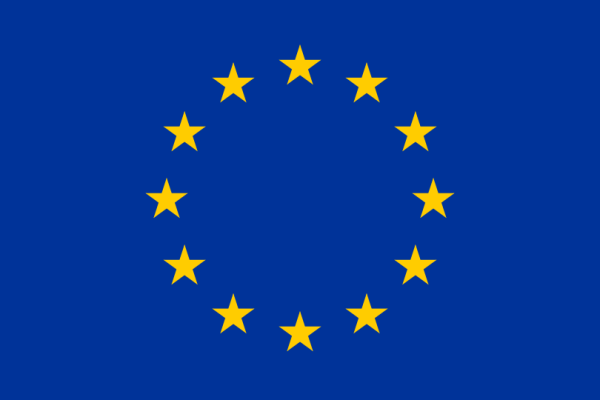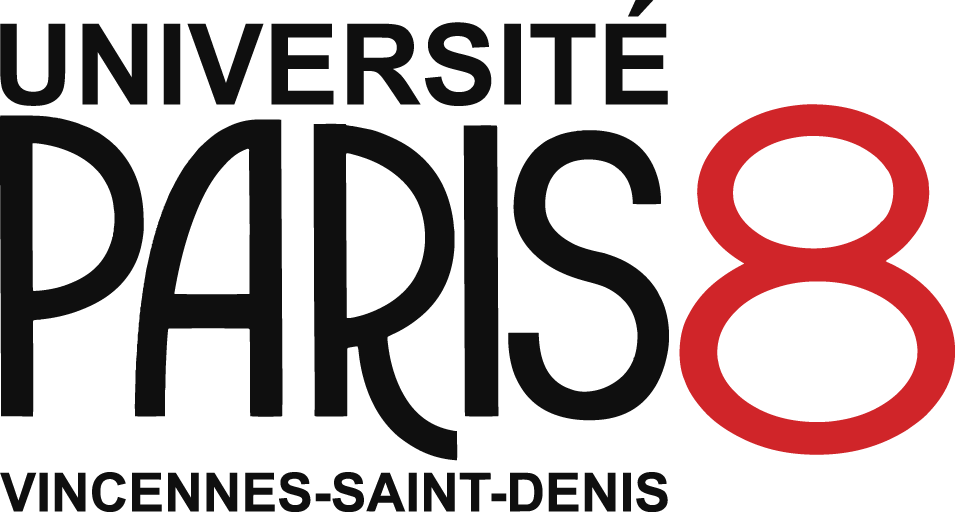L’Université de Sienne (UNISI) est l’une des plus anciennes universités d’Europe avec une tradition bien établie d’enseignement et de recherche à tous les niveaux (BA, MA, Ph.D). Avec plus de 19 000 étudiants, en 2019, l’Université de Sienne (UNISI) était classée deuxième en Italie parmi les universités de taille moyenne, première pour ses bourses d’études et troisième pour ses structures, la qualité de ses services, l’accès à Internet et l’internationalisation (Censis), classement dans la gamme 501-600 du classement académique des universités mondiales (ARWU).
Le Département des sciences sociales, politiques et cognitives (DISPOC) de l’Université de Sienne est un département interdisciplinaire impliqué dans des projets de recherche à différents niveaux. De plus, c’est l’un des principaux départements de sciences politiques en Italie et l’un des six départements de sciences sociales qui ont reçu une bourse d’excellence de 5 ans du ministère italien de l’Université et de la Recherche (MIUR). Certains de ses domaines de spécialité résident dans l’étude de l’intégration européenne, avec une référence particulière à la dynamique et à l’interaction entre les élites politiques, l’opinion publique et les partis, les théories et les pratiques de délibération, et l’étude de la diplomatie publique et des relations culturelles. L’équipe de recherche comprend des universitaires ayant une formation multidisciplinaire, allant des sciences politiques et de la sociologie à la psychologie et à l’économie, et une expertise dans l’étude des citoyens, des élites, de la représentation et de la démocratie délibérative. Le Département abrite un certain nombre de centres de recherche, dont le Centre d’étude du changement politique (CIRCaP) et un centre de recherche par sondage (LAPS).
L’UNISI a une expérience longue et consolidée dans la coordination et la gestion de projets européens à grande échelle, tels que INTUNE (6e programme-cadre, dans lequel deux sondages délibératifs ont été menés à Turin, Italie et Kapocvars, Hongrie respectivement en 2005 et 2006 ) ; EUROPOLIS (7e programme-cadre, dans lequel un sondage délibératif à l’échelle européenne a été réalisé en mai 2009), EUENGAGE (H2020, dans lequel une communauté délibérante en ligne a été convoquée en 2016) et les processus participatifs locaux en Italie. Pierangelo Isernia a été PI pour le projet d’engagement des parties prenantes de la Fondation Monte dei Paschi en 2017-18 et membre du conseil consultatif scientifique de l’Autorité pour la participation de la région Toscane. L’UNISI a également contribué en tant que partenaire à plusieurs consortiums de l’UE, tels que TRANSWORLD (7e programme-cadre), EUINDEPTH (7e programme-cadre), IMAJINE (H2020) et ENTRUST (H2020). L’équipe de recherche, en partenariat avec d’autres institutions culturelles européennes coordonnées par le Goethe Institut, s’est récemment vu confier la mise en place et la gestion de la Plateforme des relations culturelles par la Commission européenne.
Dans le projet EuComMeet, l’UNISI coordonnera le consortium et dirigera quatre Work Packages (WP2, WP3, WP4 et WP10). La contribution de l’UNISI à ce projet est étayée par l’expertise des membres de l’équipe dans les théories et pratiques de la délibération, la recherche par sondage, les entretiens qualitatifs, les groupes de discussion, et par l’expertise dans le domaine de la représentation politique et de l’intégration européenne.
Projets antérieurs pertinents :
- EUROPOLIS (Europolis : a deliberative polity-making project) contract n. 225314 funded under the 7thFramework Programme. EuroPolis was a consortium of 10 academic Institutions, SMEs and think-tanks from the EU, coordinated by the University of Siena, which explored the forms of democratic deficit that are directly affecting EU citizens. It tested the hypothesis that citizens’ involvement in inclusive, informed, and thoughtful deliberation about the EU increases access to politically relevant information, citizens’ political engagement in EU public affairs, perceptions of the legitimacy of EU institutions, a sense of belonging to the EU, and voter turnout in EU parliamentary elections. The research team drew its hypotheses from the theory of deliberative democracy that suggests that democratic legitimacy rests on open deliberation and prescribes that citizens should become involved in politics. EuroPolis assessed the political outcomes of deliberative democratic practices by experimenting what would happen if EU citizens became substantially more informed about EU institutional arrangements, decision-making processes, and policy issues, as well as more aware of the policy preferences of other EU citizens. Moreover, it showed coherent connections between policy attitudes and electoral choices. In particular, the experiment designed in EUROPOLIS culminated in the deliberative event, which took place on May 29-31, 2009, when about 400 European citizens from the 27 member states joined in Brussels to debate immigration, climate change, and the EU policymaking process – a unique experiment in informed decision-making. Participants spent three days discussing these issues in small working groups, and then in plenary sessions with a battery of experts and election candidates.
- ENTRUST (Enlightened trust : An examination of trust and distrust in governance – conditions, effects and remedies) Contract n. 870572 – funded under the Horizon 2020 Programme. The EnTrust project intends to offer a new understanding of trust and distrust in governance, aiming at sustainable democratic societies in Europe. It will create a theoretical base to understand the dynamic connection between trust and distrust. It will develop an empirical data set aiming to calculate how trust and distrust are growing concerning governance at local, national and European levels. The project will also map trust and distrust levels in European societies, systematically comparing levels of interaction. In-depth interviews with citizens and governance actors will be conducted by the University of Siena research team, which is one of the seven partners involved in this task.
- IMAJINE (Integrative Mechanisms for Addressing Spatial Justice and Territorial Inequalities in Europe) contract n. 726950 – funded under the Horizon 2020 Programme. IMAJINE aims to formulate new integrative policy mechanisms to enable European, national and regional government agencies to more effectively address territorial inequalities within the European Union. IMAJINE uniquely proposes to address the problem of territorial inequalities through an inter-disciplinary and multi-scalar approach that integrates perspectives from economics, human geography, political science and sociology and combines macro-scale econometric analysis and the generation and analysis of new quantitative survey data with regionally-focused qualitative empirical case study research in 11 EU member states, delivered by a multi-disciplinary and multinational consortium composed of sixteen institutions.
- EUENGAGE (Bridging the Gap Between Public Opinion and European Leadership : Engaging a Dialogue on the Future Path of Europe) contract n. 649281 funded under the Horizon 2020 Programme. EUENGAGE was a consortium of 7 academic institution from the EU, led by the University of Siena, which had a twofold goal : first, to inquire into the current tensions between supranational EU governance and popular mobilisation at the national level, critically questioning EU-driven policies and EU legitimacy ; and second, to propose remedial actions based on sound empirical research on the relationship between public opinion, national and supranational political elites. The project set up an interactive, dynamic, multilevel and replicable quasi-experimental research design. Using a variety of instruments and techniques, this design allowed not only to study the process of representation in vivo, but also to test experimentally how innovative and efficient interactions between citizens and politicians increased citizens’ awareness of the common problems of the Union, and the ability of the European leadership to respond innovatively to the discontent of public opinion. As part of the EUENGAGE project, an online deliberation, named e-Voice, was organised with 350 citizens in 10 European countries.
- INTUNE (Integrated and United – A Quest for Citizenship in an “Ever Closer Europe”) Project ID : 513421 funded under the 6th Framework programme. INTUNE project studied the changes in the scope, nature and characteristics of citizenship and the likely effect of the process of deepening and enlargement of the European Union. It focused on how integration and decentralisation processes, at both the national and European level, affect three major dimensions of citizenship : identity, representation, and practice of good governance. In this project two deliberative polls were conducted at city level in Italy (Turin) in 2005 and Hungary (Kapocvars) in 2006.



